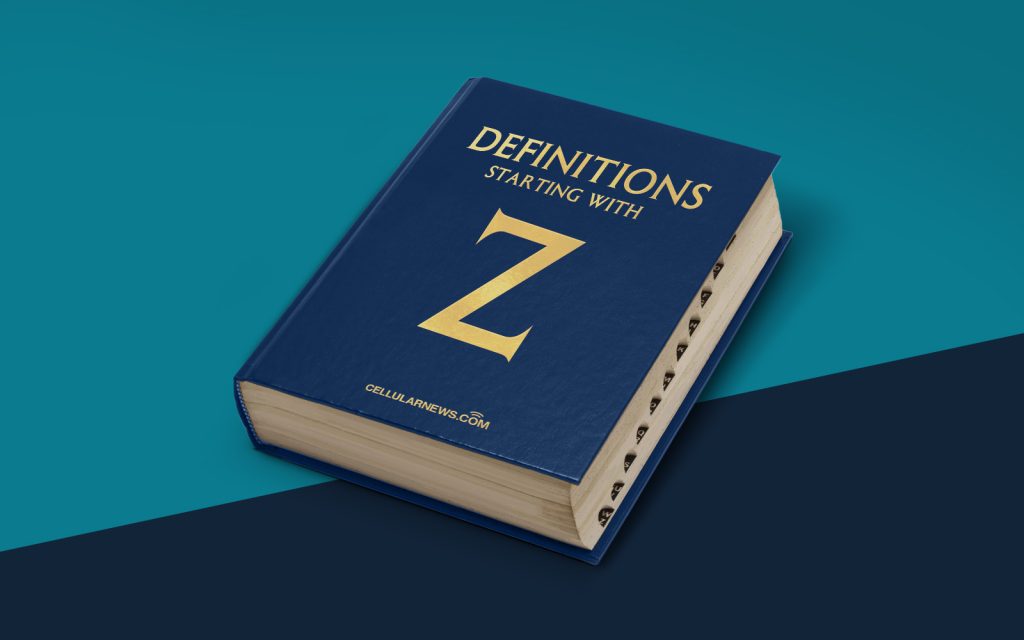
The Concept of Zero-Knowledge Proof
Imagine you have just met a new acquaintance who claims to be an expert in cryptography. They start telling you about a fascinating concept called zero-knowledge proof. Your curiosity piqued, you immediately wonder, “What is zero-knowledge proof? How does it work? And why is it important?”
Key Takeaways:
- Zero-knowledge proof is a cryptographic protocol that allows one party, known as the prover, to prove to another party, known as the verifier, that they possess certain knowledge or information without revealing the specifics of that knowledge or information.
- Zero-knowledge proof eliminates the need for trust between parties, as the prover can demonstrate their knowledge or information without sharing any underlying data or secrets.
Zero-knowledge proof enables individuals and organizations to interact securely in various domains, such as online transactions, user authentication, and data privacy. Let’s dive deeper into the world of zero-knowledge proof and explore its inner workings and significance.
The Inner Workings of Zero-Knowledge Proof
Zero-knowledge proof revolves around an interactive process between the prover and verifier. The protocol ensures that the verifier gains confidence in the claim made by the prover without gaining any new knowledge themselves. Here’s how it works:
- The Setup: The prover begins by selecting a random secret and sharing it with the verifier.
- The Challenge: The verifier then presents a challenge to the prover, requiring them to demonstrate knowledge of the secret in a specific way.
- The Response: The prover responds to the challenge, providing a solution that proves their knowledge of the secret without revealing any details about the secret itself.
- The Verification: The verifier analyzes the response and determines whether the prover possessed the knowledge they claimed to have.
- The Iteration: If the verification is successful, the entire process can be repeated with a new random secret and challenge.
This iterative process allows the verifier to gain confidence in the prover’s claims without gaining any actual knowledge themselves. If the prover successfully responds to multiple challenges, the probability that they are bluffing or guessing their way through the protocol becomes incredibly low – approaching zero.
Why Zero-Knowledge Proof is Important
Now that we understand how zero-knowledge proof works, let’s explore why it is an important concept in the world of cryptography and beyond:
- Enhanced Security: Zero-knowledge proof provides an additional layer of security when it comes to authentication and data privacy in online transactions. By allowing individuals to prove their knowledge without revealing sensitive information, zero-knowledge proof helps prevent fraud and unauthorized access.
- Preserving Privacy: Zero-knowledge proof can be particularly valuable in situations where privacy is crucial. For example, it can enable individuals to prove they meet certain criteria or possess specific qualifications without disclosing personal details that would otherwise be required.
By implementing zero-knowledge proof, organizations can enhance security and protect user privacy, fostering trust and confidence in their systems, applications, and services.
In conclusion, zero-knowledge proof is a game-changing cryptographic protocol that allows individuals and organizations to prove their knowledge without revealing sensitive information. It provides enhanced security, preserves privacy, and eliminates the need for trust between parties. As technology continues to evolve, zero-knowledge proof will likely play an increasingly vital role in ensuring the security and integrity of our digital world.
